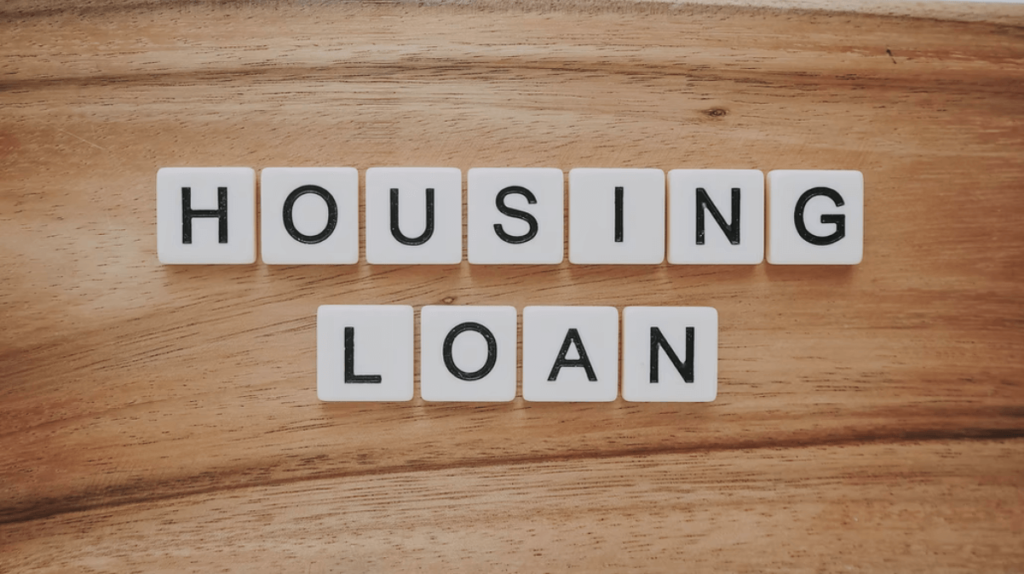Life happens. You never know when an emergency could strike and you might not always have the cash you need for it. “Life happens” is the reason why you see so many advertisements when it comes to short-term loans. Yet if you are thinking about taking out one of these quick loans, there are some things you need to know before signing on the dotted line.

1) What is A Quick Loan?
A quick loan is a type of loan that can be approved quickly. In the past loans used to take days, weeks, and even months to approve. There were lengthy processes and heaps of paperwork as well as back and forwards between you and the lender, but now anyone can now apply for a quick loan on their Smartphone or computer in a matter of seconds and, according to hurtigudbetaling.dk, can receive an approval in as little as two minutes!’ You can borrow cash for a car repair, to cover an unexpected medical bill, or simply to help you get through to your next payday.
2) What are The Risks?
You should be fully aware of the risks associated with taking out a quick loan before you sign up. One of the biggest dangers is that you could quickly find yourself in debt if you’re not careful. Many people take out quick loans without really understanding the terms and conditions and then find themselves struggling to keep up with the payments.
Another risk is that you might not be approved for the loan at all. This could leave you in a difficult situation if you need cash urgently.
Make sure you read all of the documentation carefully and understand what you’re signing up for before applying for a quick loan.
3) How Much Can You Borrow?
The amount you can borrow will depend on what the lender is willing to lend you, but it should be more than enough to get you through to payday. The loan company will check your income before deciding how much you can borrow so it’s important that you tell them the truth about your situation when filling out any forms or paperwork because without this information they won’t know what kind of risk you pose as a borrower.
One of the great things about quick loans compared with other types of borrowing is that repayments are relatively cheap, simple, and straightforward. You will probably only have to pay interest on the amount you borrow, and then pay back the full loan with your next payday. This means that if you borrowed £250, for example, your repayments would be around £40-£50 per month over a period of six months or so.
4) What are The Interest Rates?
The interest rates on quick loans can vary a lot, so it’s important that you shop around and compare offers before you decide which lender to go with. You don’t want to be paying through the nose for a loan that you might only need for a few weeks. Make sure you understand how the interest is calculated and what fees and charges might be applied. It’s also important to know when the loan needs to be repaid so you can budget for this.
5) Can You Get A Quick Loan With Bad Credit?
Some lenders will offer loans to people with bad credit, but the interest rates and fees are likely to be much higher than those offered to people with good credit ratings It’s important to remember that even if your credit rating is poor, you can still get a quick loan. A number of lenders specialise in offering loans to people with bad credit history.
6) Are Quick Loans Suitable For You?
It’s important to remember that if you are struggling financially or experiencing financial difficulties it may be better to look for alternative ways to borrow money rather than taking out a short-term loan. The interest rates on these types of borrowing are often very high and could leave you in even more debt when the loan is due to be repaid. It’s therefore essential that before taking out any sort of loan that you assess your own personal circumstances and whether this type of borrowing is suitable for your situation. Ask yourself the following question:
Will You Be Able to Pay Back Your Debt?
Even if you make your loan payments on time, it’s hard to break the cycle of debt with payday and installment loans. That’s because lenders will approve you for refinances or additional loans that result in higher interest rates – which means more money paid over the life of the loan. You can find yourself trapped in a vicious cycle where repayment becomes impossible no matter how much money you earn.
Can You Afford the Fees for Late Payments?
Both payday and installment loans come with fees if you don’t make your loan payment on time. Payday loan fees typically range from $15 to $30 while installment loan lenders can charge up to 5% of the outstanding balance due every two weeks (and that’s only if you’re late on two payments). Remember: A missed deadline creates more debt which results in additional charges and an even greater financial burden over time.
7) Loan Terms Can Change at Any Time
Lastly, remember that payday and installment loan terms are subject to change at any time. Interest rates may increase, repayment periods can be shortened, late fees can climb higher – even if you’ve always made timely payments in the past. You might also find that your lender will approve or deny additional loans without explanation.

Getting a quick loan is simple and straightforward. That’s why it’s so popular with people who need money quickly or find that traditional banks are not willing to offer them any sort of credit. If you’re considering taking out one, remember these things: -You should compare rates before signing anything – make sure you understand the terms of your contract – even if your credit rating isn’t great, there are lenders who specialize in lending to those with bad credit histories.





